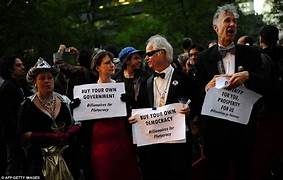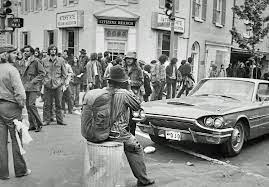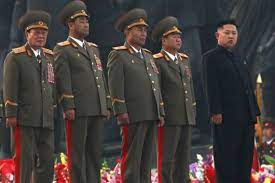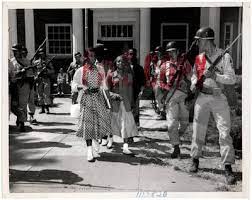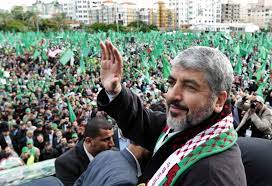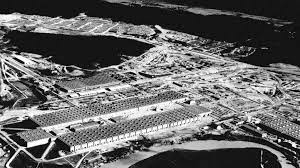In 2011, the United States experienced a significant social movement known as "Occupy Wall Street." The movement originated in New York City's financial district and quickly spread to other major cities across the country. It was a response to growing income inequality and the perceived influence of corporate interests in American politics. On October 1, 2011, the movement gained national attention when over 200 protesters were arrested during a demonstration on the Brooklyn Bridge.
The Occupy Wall Street movement emerged during a time of economic uncertainty and frustration with the perceived lack of accountability for the financial crisis of 2008. Many Americans felt that the burden of the economic recession was disproportionately placed on the middle and lower classes while the wealthy and powerful remained largely unaffected.
The protesters, who referred to themselves as the "99%," aimed to draw attention to the concentration of wealth and power in the hands of the top 1% of the population. They called for greater economic equality, an end to corporate influence in politics, and more opportunities for the working class.
On October 1, 2011, thousands of protesters gathered in New York City's Zuccotti Park, which became the central hub of the movement. Seeking to bring attention to their cause, the demonstrators decided to march across the Brooklyn Bridge. However, tensions escalated as the marchers encountered a heavy police presence on the bridge.
As the protesters continued their march, they were met with a police blockade. Some participants claimed that they were led onto the roadway of the bridge by police officers, while others argued that they were intentionally misled. Regardless of the circumstances, the result was chaos and confusion, leading to the arrest of over 200 protesters.
The arrests on the Brooklyn Bridge brought national attention to the Occupy Wall Street movement. The incident sparked debates about the protesters' rights to assemble and express their grievances, as well as police tactics and the use of force. The movement gained further momentum as news of the arrests spread, leading to increased public awareness and support for the cause.
The Occupy Wall Street movement continued to grow in the following months, with protesters organizing sit-ins, demonstrations, and other forms of civil disobedience. The movement's impact extended beyond the streets, with discussions about income inequality and corporate influence becoming prominent topics in political and social discourse.
While the Occupy Wall Street movement did not achieve all of its goals, it succeeded in bringing attention to the issue of economic inequality and sparking a national conversation about wealth and power. The movement's influence can still be seen today in the ongoing discussions surrounding income distribution, corporate accountability, and the role of money in politics.
